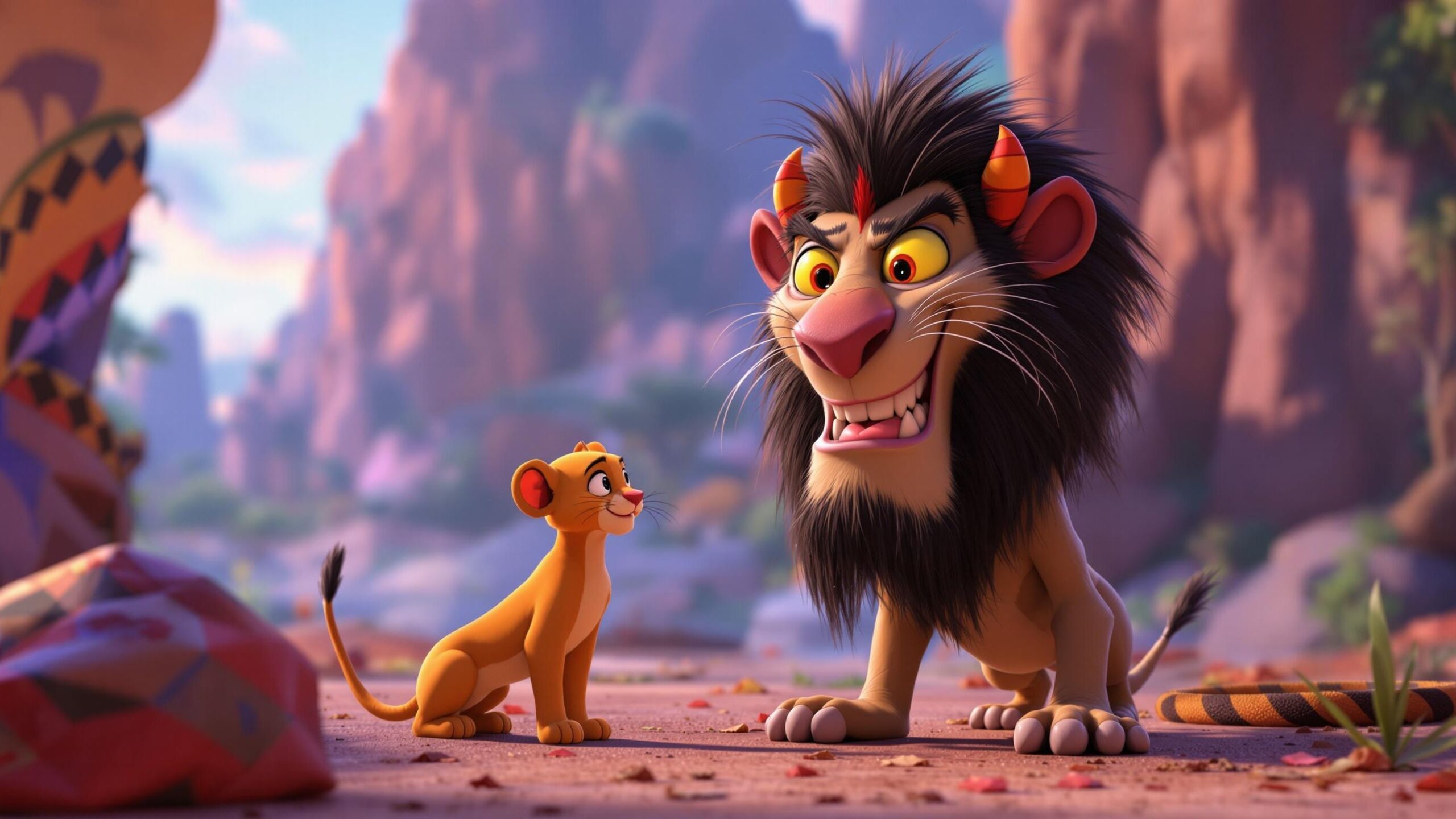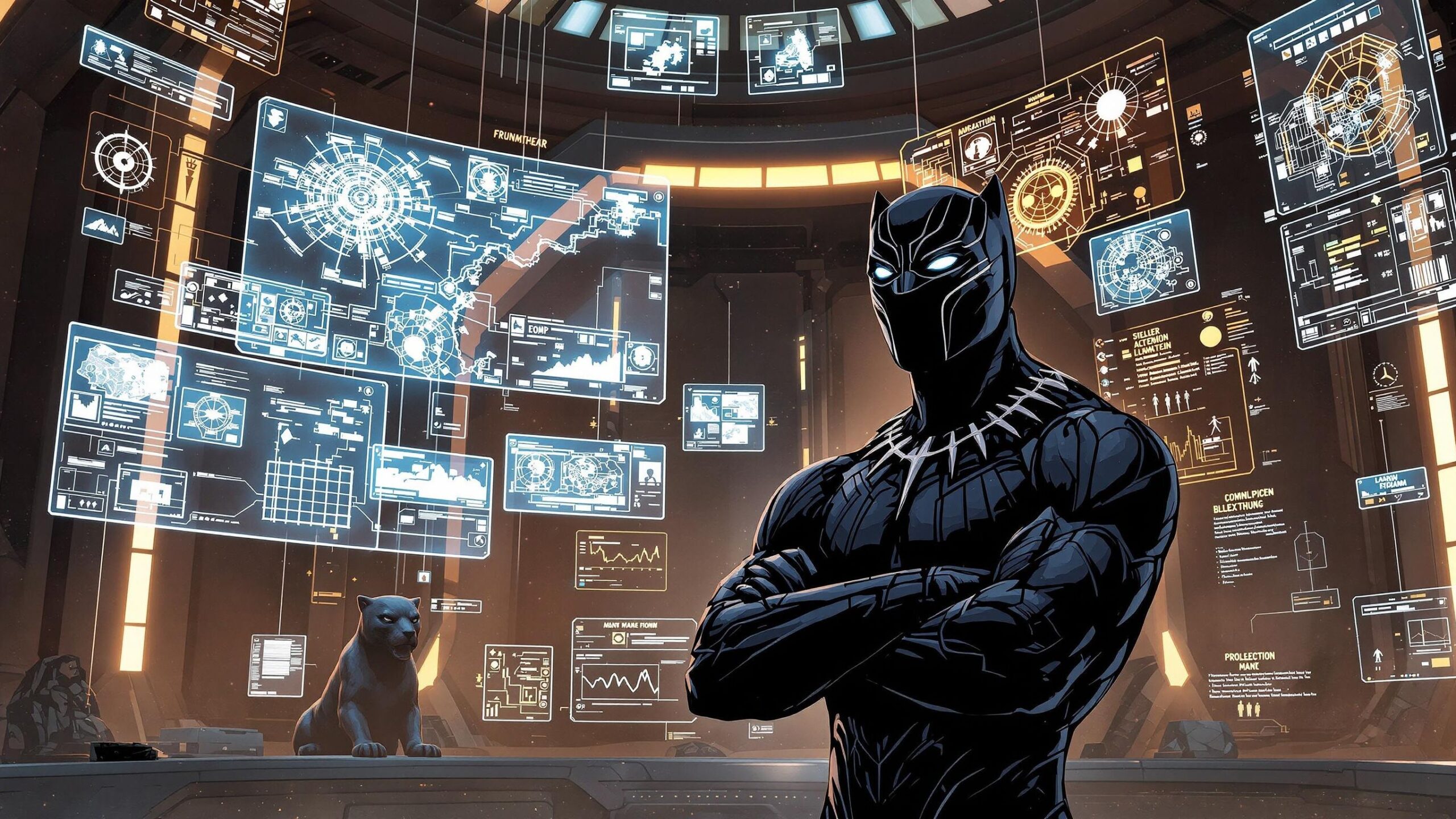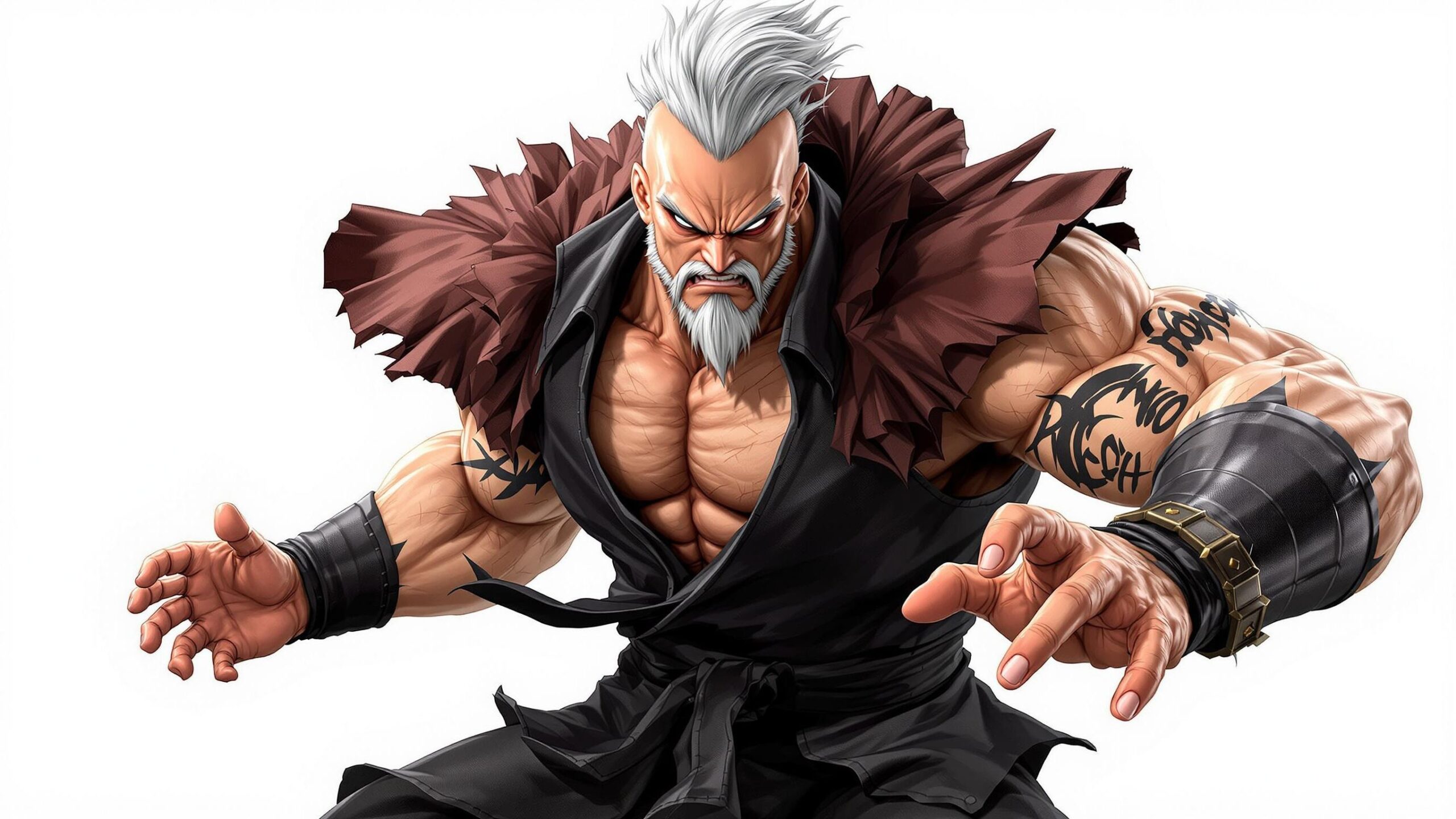There are Disney villains, and then there’s Scar—slinky, sarcastic, and so steeped in drama he could teach a masterclass in manipulation. With his velvet voice, sunken eyes, and that infamous scar across his face, Mufasa’s brother didn’t just want the throne—he schemed, lied, and gaslit his way to it. Scar didn’t need brute strength. He used charm and cunning like a sharpened claw. He knew exactly what to say, when to say it, and how to twist a situation so that even the sky felt more ominous. Scar is the kind of villain who makes you nervous every time he steps into a scene—not because he’s loud or flashy, but because you know he’s already five moves ahead. And when things fall apart, he never blames himself. He smooths his fur, smiles slyly, and somehow convinces everyone else they’re the problem. If drama were a sport, Scar would win gold. And then make sure the silver medalist disappeared in a suspicious accident. Let’s revisit the ten most dramatic Scar moments in The Lion King that prove he wasn’t just a villain—he was a manipulative mastermind.
#10: “I’m Surrounded by Idiots”
This moment is pure Scar. After rallying the hyenas and attempting to instill some semblance of order, he turns away with a disdainful eyeroll and purrs, “I’m surrounded by idiots.” It’s not just funny—it’s condescending, cutting, and a tiny peek into how Scar views everyone else in the food chain.
Here, he’s not only insulting his supposed allies, but positioning himself as the lone genius in a jungle of fools. It’s that kind of ego-driven side commentary that makes Scar so unnerving. He’s never quite present in the way others are—he’s always observing, calculating, and waiting for his moment to strike. The drama here is subtle but sharp, and it perfectly captures his superiority complex.
#9: Telling Simba About the Elephant Graveyard
One of Scar’s earliest manipulations comes cloaked in false warmth. When young Simba innocently boasts about his royal future, Scar leans in and drops just enough forbidden knowledge to send him charging into danger. “Only the bravest lions go there,” he says of the Elephant Graveyard, his voice thick with suggestion.
Scar knows exactly what he’s doing. He’s not ordering Simba to go—he’s planting the idea like a poisonous seed and trusting the cub’s curiosity and pride to do the rest. It’s master-level reverse psychology, and the fact that he does it while feigning concern only makes it more dramatic. This moment is Scar at his quietest and most lethal.
#8: The Way He Says “Mufasa”
You can’t talk about Scar without mentioning how he says his brother’s name. It’s dripping with disdain. He turns those three syllables into a full Shakespearean performance. He hisses it, he snarls it, and sometimes he lets it out slowly, like tasting something bitter and refusing to swallow it.
Each time Scar says “Mufasa,” he’s layering the name with resentment, jealousy, and history. He doesn’t just hate his brother—he hates everything he represents. Mufasa is the golden child. The chosen king. The strong, noble lion everyone respects. Scar’s vocal performance turns the name into a weapon. It’s not just drama. It’s personal.
#7: The “Long Live the King” Moment
We all knew this one was coming. Scar’s betrayal of Mufasa during the wildebeest stampede isn’t just one of the most dramatic moments in The Lion King—it’s one of the most iconic in Disney history. The scene plays out like a tragedy from a grand stage play. Mufasa, clinging to the cliff’s edge, begs his brother for help.
Scar looks down, pauses, and delivers the fatal whisper: “Long live the king.” Then—claws. Fall. Silence.
It’s brutal. It’s cold. And it’s pure, undiluted drama. This moment proves Scar isn’t just a manipulator. He’s a killer who performs even murder with flair. The line itself has become legendary because it’s not shouted or screamed—it’s delivered with terrifying calm. Scar doesn’t rage. He revels.
#6: Blaming Simba for Mufasa’s Death
If you thought pushing Mufasa off a cliff was peak villainy, think again. Scar takes it a step further by turning Simba’s grief into guilt. When the dust settles, Simba finds his father’s lifeless body and cries, “Dad?” It’s a devastating moment of vulnerability—and Scar pounces.
With the fake sympathy of a crocodile, Scar tells Simba, “What have you done?” The words are deceptively soft, laced with poison. He lets the guilt sink in, then nudges the cub toward exile with twisted logic. “Run away, Simba. Run away and never return.”
It’s genius-level emotional manipulation. Scar doesn’t need to chase Simba. He lets the boy’s own shame do the running. The drama here lies not in the volume, but in the weight. Scar ruins a life with a whisper.
#5: “Be Prepared”
Oh yes. The villain song to end all villain songs. Scar’s “Be Prepared” isn’t just catchy—it’s an operatic masterpiece of egomania and fascist symbolism. Standing atop a rock while geysers of green smoke billow around him, Scar rallies the hyenas like a dictator with jazz hands.
Every lyric is a threat wrapped in wordplay. Every movement is choreographed like a Broadway number. Scar doesn’t just explain his plan—he turns it into a spectacle. “Meticulous planning, tenacity spanning…” He’s literally spelling out how calculated he is. Even the hyenas, usually bumbling, fall in line. That’s the power of his manipulation—and theatrical flair.
This isn’t just a song. It’s a speech. A seduction. A mission statement. And it cements Scar’s role as a villain who doesn’t just scheme in shadows—he performs in them.
#4: Gaslighting the Pride
Once Scar takes the throne, things fall apart fast. The land turns barren, the herds vanish, and yet Scar somehow keeps the blame from himself. When the lionesses question him, he deflects. When they beg him to do something, he snarls.
Scar gaslights the entire Pride Lands into believing their suffering isn’t his fault. He uses fear and power plays to keep others in line. He allows the hyenas to rule with intimidation while he sulks on a throne he barely earned. He doesn’t rule—he occupies.
It’s one thing to lie. It’s another to convince others they’re crazy for seeing the truth. Scar’s drama in this chapter of the film isn’t loud—it’s slow-burning and cruel. A manipulator knows how to keep control even when everything’s on fire.
#3: His Return Greeting to Simba
When Simba finally returns to confront Scar, the villain doesn’t panic—he pretends to be welcoming. “Why, Simba!” he purrs, all oily charm. “I’m a little surprised to see you… alive.” The drama in this moment is all about façade. Scar puts on a show for the pride, acting like he’s delighted, even relieved.
But his words are sharp. His tone is mocking. It’s theater. And he’s acting for his audience. He even tries to turn the conversation into a morality play, coaxing Simba into “confessing” his imaginary crime of causing Mufasa’s death.
Scar’s return greeting is laced with layers: surprise, malice, performance, and stalling. He’s playing with his food. It’s deliciously dramatic—and infuriatingly effective.
#2: “I Killed Mufasa.”
If “Long live the king” is Scar’s coldest line, “I killed Mufasa” is his most dramatic. He waits until Simba is cornered on the edge of a cliff, helpless again. Then he leans in, voice low and smug, and drops the bomb: “I killed Mufasa.”
It’s a confession as a weapon. He knows exactly what this truth will do to Simba. He’s waited years to drop it—and chooses the moment of maximum emotional devastation. Scar’s not trying to gloat. He’s trying to destroy.
But here’s the twist: it backfires. Simba, fueled by rage and truth, fights back. It’s the first time someone turns Scar’s manipulation against him. Still, the scene stands as one of the most jaw-dropping villain mic drops in Disney history.
#1: Throwing the Hyenas Under the Bus
In his final act of cowardice, Scar tries to save his own skin by blaming the very hyenas who helped him seize power. “It was the hyenas! They’re the real enemy!” he pleads to Simba, hoping to pivot the narrative one last time.
But Scar’s manipulative web finally unravels. The hyenas overhear him. His betrayal costs him everything. The drama of this moment lies in its desperation. Scar, who once orchestrated every move with precision, is now flailing, improvising, and failing.
He doesn’t die with dignity. He dies as a manipulator outmaneuvered by his own lies. And in the end, his greatest performance becomes his downfall.




